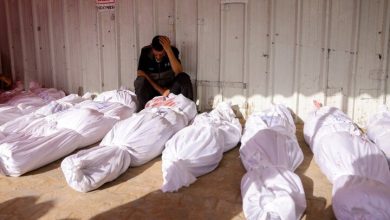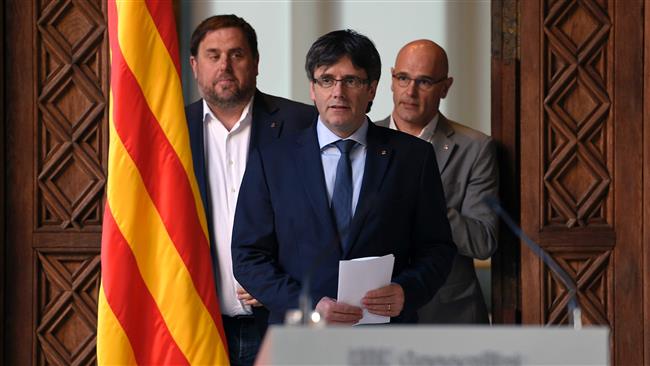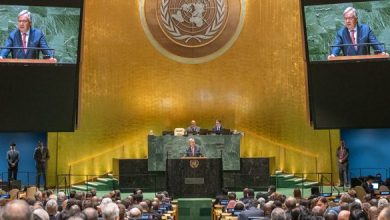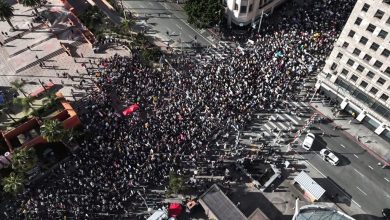Florida airport shooting suspect charged, could face death penalty
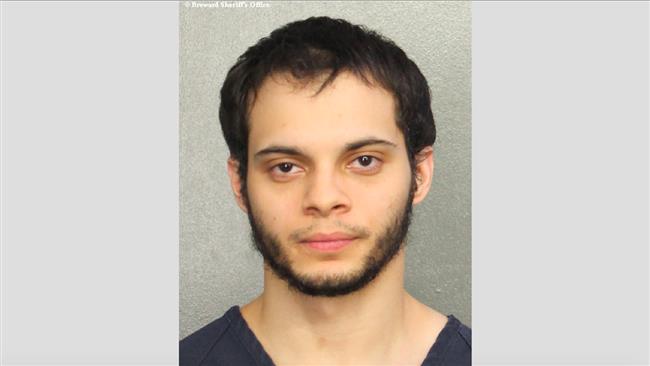

The suspect in a shooting rampage at the Fort Lauderdale-Hollywood International Airport in Florida has been charged with federal crime which could carry the death penalty, officials say.
Esteban Santiago, 26, opened fire on passengers in a baggage claim area of the airport in Broward County on Friday, killing five people and injuring six more.
On Saturday night, the Justice Department announced that Santiago, an Iraq War veteran from Anchorage, Alaska, was charged with an act of violence at an international airport, which would allow a maximum penalty, upon conviction, of death or imprisonment for life.
“Today’s charges represent the gravity of the situation and reflect the commitment of federal, state and local law enforcement personnel to continually protect the community and prosecute those who target our residents and visitors,” said Wilfredo A. Ferrer, the US Attorney for the Southern District of Florida.
Santiago carried a bag that contained his firearm and took it to a section of the airport where passengers routinely check their weapons.
He retrieved his semi-automatic handgun from his luggage at the Terminal 2 baggage claim, went to the bathroom and loaded his gun, then came out and began firing indiscriminately.
People are allowed to bring firearms with them onto flights as long as their weapons are unloaded, locked in a hard-sided container and in checked baggage.
“We’re a big hunting state, so we get quite a lot of that,” said Jesse Davis, chief of police at Ted Stevens Anchorage International Airport.
“Everything appeared normal,” said Davis, adding the suspect checked in for his Delta flight more than four hours early, which was unusual, but “didn’t call attention to himself at all.”

Santiago suffered from psychological problems and had complained that the US government was controlling his mind.
He had showed signs of violence and was arrested twice within the last year in Alaska. In January 2016, he was arrested and charged after allegedly choking his girlfriend and smacking her on the side of the head.
On October 21, 2016, he was accused of trying to strangle someone but was not arrested due to lack of enough evidence, police said.
According to an FBI agent in Anchorage, days later Santiago went to an FBI office and said he was having terroristic thoughts.
Agents also said he showed signs of having a mental health crisis, adding he had left his newborn baby and a firearm in the car and was in possession of a loaded magazine.
Police nonetheless held his gun for a month, but then gave it back to him.
“The federal government already knew about this for months,” Santiago’s brother Bryan Santiago told The Associated Press in Spanish. “They had been evaluating him for a while, but they didn’t do anything.”

